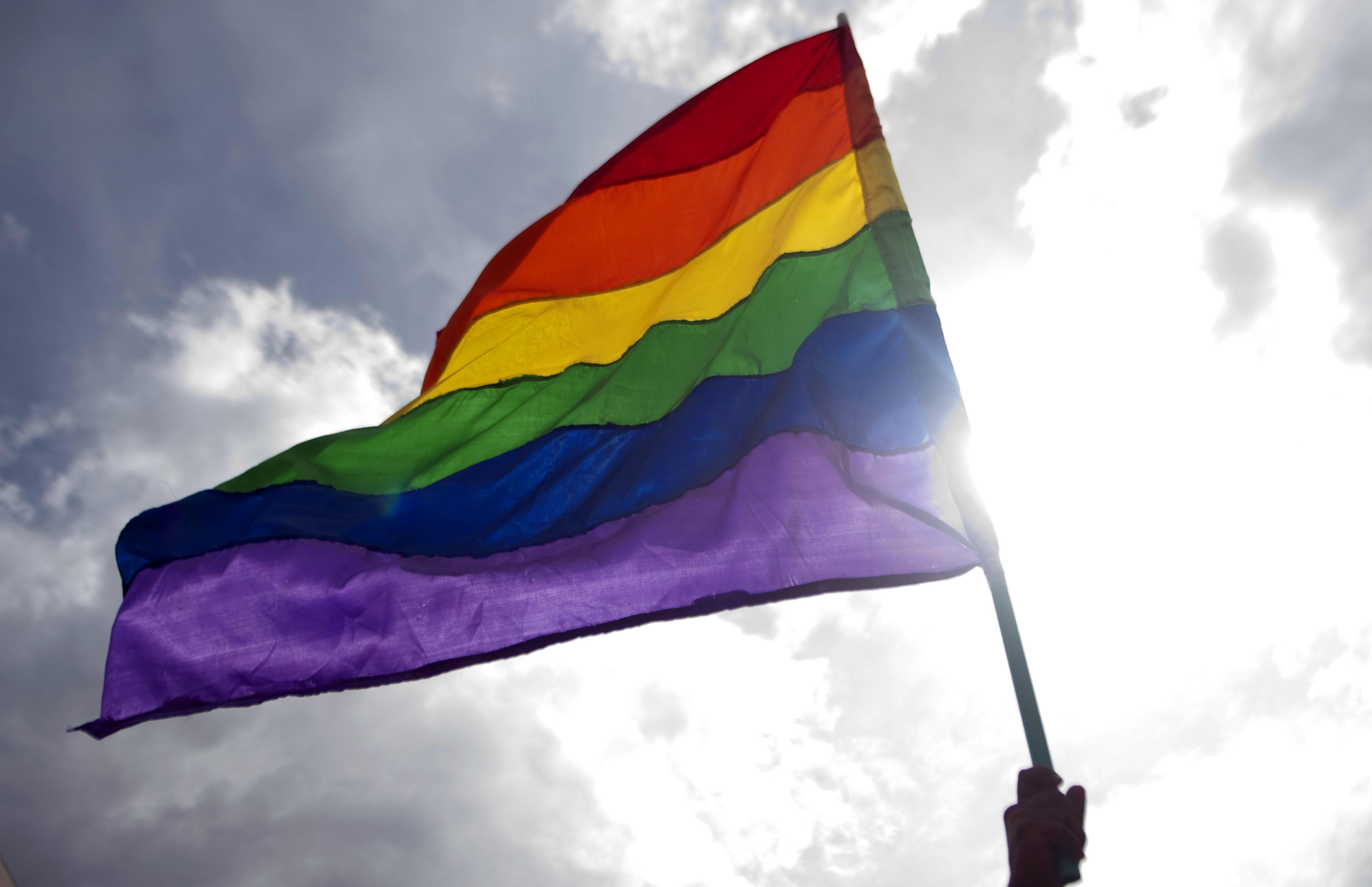On Monday, the 4th Circuit Court of Appeals ruled that Virginia’s gay marriage ban is unconstitutional, the latest victory for marriage equality in a unbroken string of triumphs since the Supreme Court overturned DOMA in 2013. The opinion included no stay; until the Supreme Court steps in, then, gay couples in Virginia may get married starting now.
The judges of the 2–1 majority labeled the state’s ban “segregation” and held that, because it targeted a disfavored minority and implicated a fundamental right, it should be subject to strict scrutiny. It’s clear that, to the majority, laws like Virginia’s represent little more than bald bigotry:
[I]nertia and apprehension are not legitimate bases for denying same-sex couples due process and equal protection of the laws. Civil marriage is one of the cornerstones of our way of life. It allows individuals to celebrate and publicly declare their intentions to form lifelong partnerships, which provide unparalleled intimacy, companionship, emotional support, and security. The choice of whether and whom to marry is an intensely personal decision that alters the course of an individual’s life. Denying same-sex couples this choice prohibits them from participating fully in our society, which is precisely the type of segregation that the Fourteenth Amendment cannot countenance.
Although the court struck down only Virginia’s marriage ban, the 4th Circuit also has jurisdiction over Maryland, West Virginia, South Carolina, and North Carolina. The latter three states still ban gay marriage—but today’s ruling throws those laws in serious jeopardy.
The majority opinion, written by Judge Henry Franklin Floyd and joined by Judge Roger Gregory, is most notable for its systematic dismantling of Virginia’s painfully prejudiced, laughably lousy arguments against gay marriage. The state centered its arguments around the idea that because gay couples cannot have biological children together, they simply don’t deserve to get married. When asked why infertile straight couples can still marry, the state responded that these couples set a “positive example for couples who can have unintended children, encouraging them to marry.” Here’s Floyd on this puzzling theory:
We see no reason why committed same-sex couples cannot serve as similar role models. … Allowing infertile opposite-sex couples to marry does nothing to further the government’s goal of channeling procreative conduct into marriage. Thus, excluding same-sex couples from marriage due to their inability to have unintended children makes little sense.
Floyd also had some fun with Virginia’s other major argument—the claim that gay marriage somehow increases out-of-wedlock births among straight people, a societal ill since children do better with married parents. The idea that gay marriage spurs out-of-wedlock births, the court rightly notes, is pure nonsense, bigoted magical thinking barely concealed as legalistic casuistry. But the second half of the state’s formulation is quite true: Children do tend to do better with married parents. Thus, Virginia’s marriage ban actually harms children, denying them the right to have legally wedded parents.
In his bitter dissent, Judge Paul Niemeyer edges toward what we might call full Scalia, repeatedly demeaning the value of gay people’s relationships and families. Gay marriage bans, Niemeyer writes, are necessary to secure “stable family units” and to “giv[e] children an identity.” Without gay marriage bans, the “political order resulting from [these] stable family units” will be shattered, and states may be forced to recognize “polygamous or incestuous relationships.”
This last quote directly cites Scalia—in dissent. That’s what so odd about Niemeyer’s decision: As an appellate judge, he’s bound by the Supreme Court’s precedent. That precedent insists that a gay marriage ban “demeans the [gay] couple, whose moral and sexual choices the Constitution protects,” violating “basic due process and equal protection principles.” But Niemeyer seems to be living in a world where Scalia’s dissents became law and the state retains unfettered power to disparage gay people’s lives. Luckily for us, Scalia’s dissents were just dissents—as is Niemeyer’s opinion. Welcome to the fold, Virginia.
Update, July 29, 2014: Gay couples in Virginia will not be able to marry for at least 3 weeks while defenders of the state’s ban prepare an appeal.
